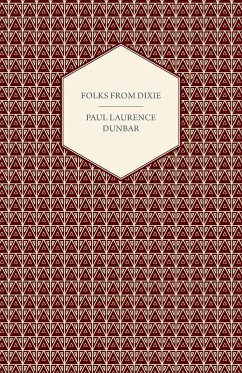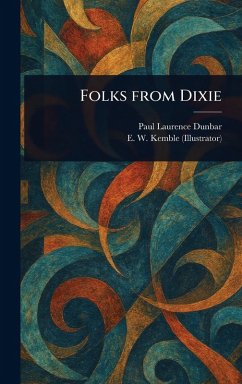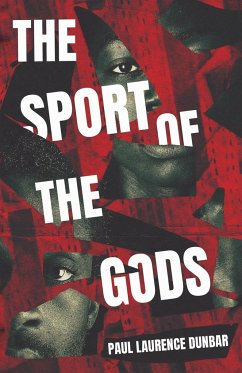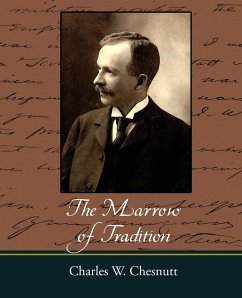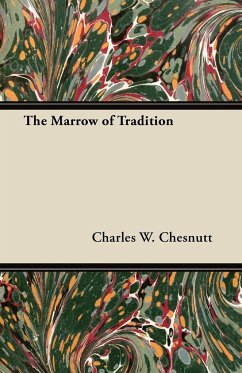
Self-Determining Haiti
Four articles reprinted from The Nation embodying a report of an investigation made for the National Association for the Advancement of Colored People
Versandkostenfrei!
Versandfertig in 6-10 Tagen
8,30 €
inkl. MwSt.
Weitere Ausgaben:

PAYBACK Punkte
0 °P sammeln!
In "Self-Determining Haiti," James Weldon Johnson presents a poignant exploration of Haiti's struggle for autonomy and self governance in the early 20th century, particularly following U.S. occupation. Johnson's literary style is marked by a blend of personal narrative and socio-political analysis, allowing readers to grasp the complexities of Haitian identity and sovereignty amidst external intervention. The book serves as a critical commentary on imperialism while echoing the broader themes of African American self-determination, making it an essential part of both the Harlem Renaissance lit...
In "Self-Determining Haiti," James Weldon Johnson presents a poignant exploration of Haiti's struggle for autonomy and self governance in the early 20th century, particularly following U.S. occupation. Johnson's literary style is marked by a blend of personal narrative and socio-political analysis, allowing readers to grasp the complexities of Haitian identity and sovereignty amidst external intervention. The book serves as a critical commentary on imperialism while echoing the broader themes of African American self-determination, making it an essential part of both the Harlem Renaissance literary movement and the canon of post-colonial studies. James Weldon Johnson, a notable figure in the Harlem Renaissance, was not only a writer but also an educator, diplomat, and civil rights activist. His deep concerns for racial equality and cultural identity informed his perspective on Haiti. Drawing from his personal experiences and political engagements, Johnson champions the Haitian perspective, providing historical insights into the nation's challenges and resilience, thus revealing the interconnectedness of African American and Haitian struggles. This book is highly recommended for readers interested in post-colonial literature, social justice, and the intricacies of Afro-diasporic connections. Johnson's eloquent prose and passionate advocacy invite readers to reflect critically on the themes of sovereignty and identity, making "Self-Determining Haiti" both a compelling narrative and an essential scholarly resource.




